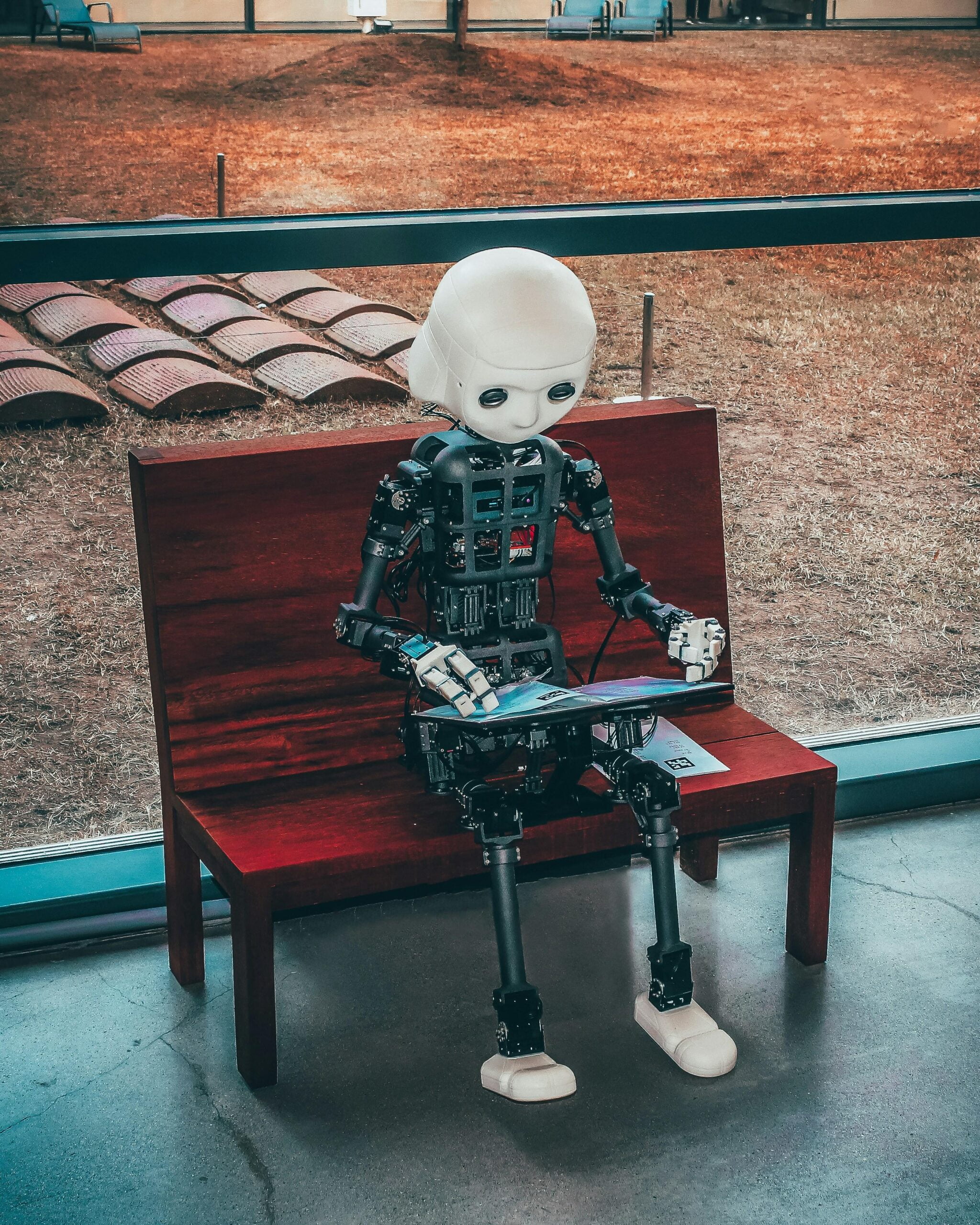In an era where technology threads its way into every fabric of our lives, the realm of healthcare stands on the brink of a remarkable transformation. Imagine a world where diagnosing illnesses becomes sharper, treatment plans are more personalized, patient care reaches new levels of efficiency, and all of it is powered by an invisible, yet ever-present assistant: artificial intelligence. As we dive into the 7 ways AI is revolutionizing healthcare today, expect to uncover a fascinating blend of innovation and humanity. From improving predictive analytics and streamlining administrative tasks to paving the way for precision medicine, this listicle promises a comprehensive glimpse into how AI is not just a futuristic dream, but a present reality that’s reshaping the way we heal, treat, and care for one another. Buckle up as we explore these cutting-edge advancements, each a testament to the extraordinary potential of AI in transforming healthcare as we know it.
Enhanced Diagnosis and Screening
- Image Analysis: AI-driven image recognition software analyzes X-rays, MRIs, and CT scans with remarkable accuracy, identifying abnormalities and early signs of diseases like cancer.
- Predictive Analytics: Leveraging vast amounts of data, AI can forecast potential health issues like heart disease or diabetes long before they manifest.
Personalized Treatment Plans
- Genomic Analysis: AI helps decode the human genome, enabling doctors to tailor treatments based on an individual’s genetic makeup.
- Adaptive Learning: Machine learning algorithms optimize treatment plans in real-time based on patient responses and outcomes.
Virtual Health Assistants
- 24/7 Availability: AI-powered chatbots provide round-the-clock support, answering health-related questions and offering medical advice.
- Symptom Checkers: Virtual assistants can assess symptoms, suggest probable diagnoses, and recommend appropriate actions.
Streamlined Administrative Tasks
- Automated Scheduling: AI simplifies appointment bookings, reducing administrative burden and no-show rates.
- Efficient Billing: Intelligent systems streamline medical coding and billing processes, minimizing errors and expediting payments.
Remote Patient Monitoring
- Wearable Tech: AI integrates with wearable devices to continuously monitor vital signs, ensuring real-time health tracking and interventions.
- Chronic Disease Management: Automated alerts for medication adherence and health parameter fluctuations keep chronic conditions in check.
Research and Drug Development
- Faster Discoveries: AI algorithms analyze vast scientific datasets to uncover potential drug candidates significantly faster than traditional methods.
- Clinical Trials Optimization: AI streamlines participant selection and trial management, enhancing the efficiency and accuracy of clinical studies.
Mental Health Support
- Therapeutic Bots: AI-driven applications offer cognitive-behavioral therapy (CBT) and other psychological support to users struggling with mental health.
- Emotion Recognition: AI analyzes speech and facial expressions to detect emotional states, providing insights for personalized mental health interventions.
| AI Application | Benefit |
|---|---|
| Image Analysis | Accurate early diagnosis of diseases |
| Genomic Analysis | Personalized treatment plans |
| Virtual Assistants | 24/7 health support |
| Automated Scheduling | Reduced no-show rates |
| Wearable Tech | Real-time health tracking |
| Faster Drug Discoveries | Accelerated research processes |
| Therapeutic Bots | Accessible mental health support |
Closing Remarks
And there you have it—seven remarkable ways AI is transforming healthcare right before our eyes. These innovations not only highlight the vast potential artificial intelligence holds but also illuminate a future where healthcare is more efficient, accurate, and personalized. As we stand on the brink of this incredible technological revolution, it’s clear that AI is no longer just a distant dream but an integral part of our present reality. So, the next time you hear about a breakthrough in medical science, remember that somewhere in the background, an algorithm might just be playing a crucial role. Stay curious, stay informed, and most importantly, stay healthy.
